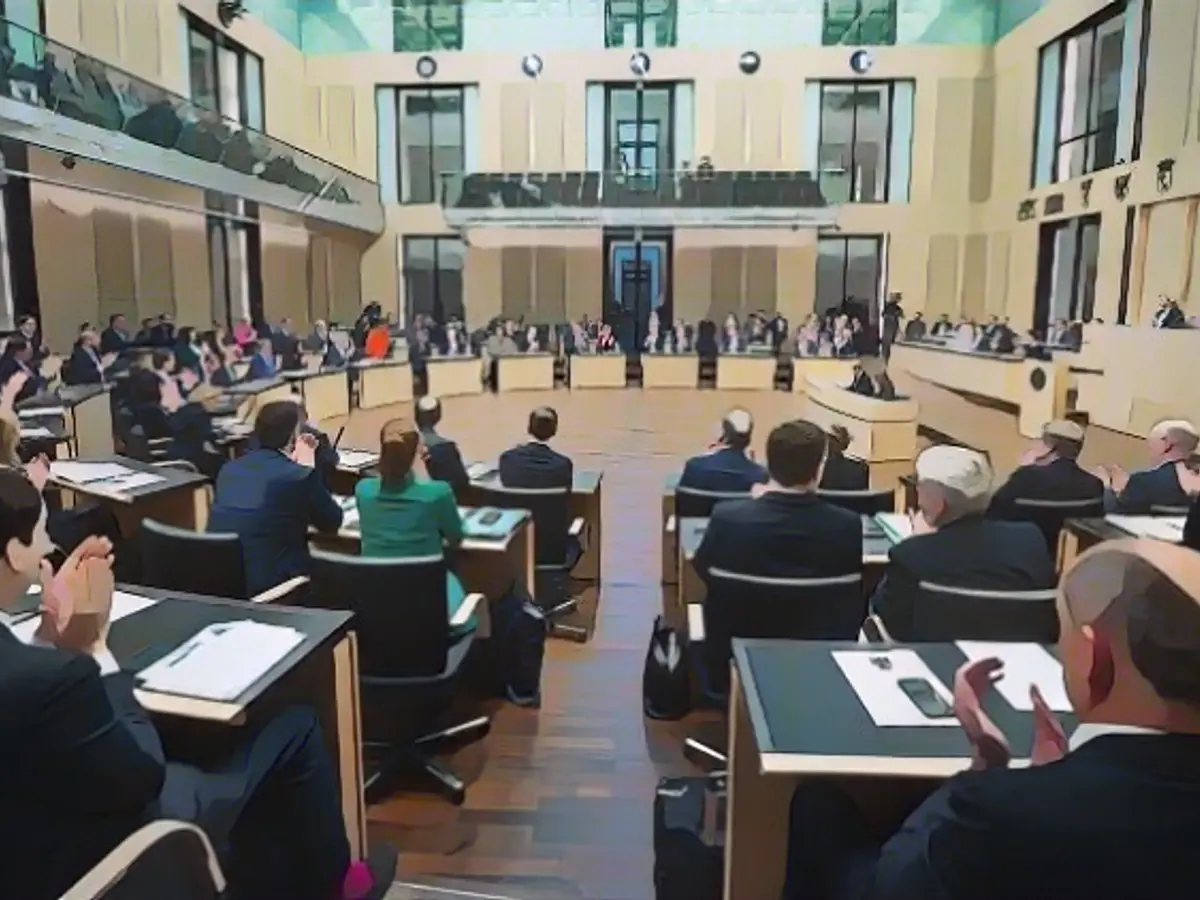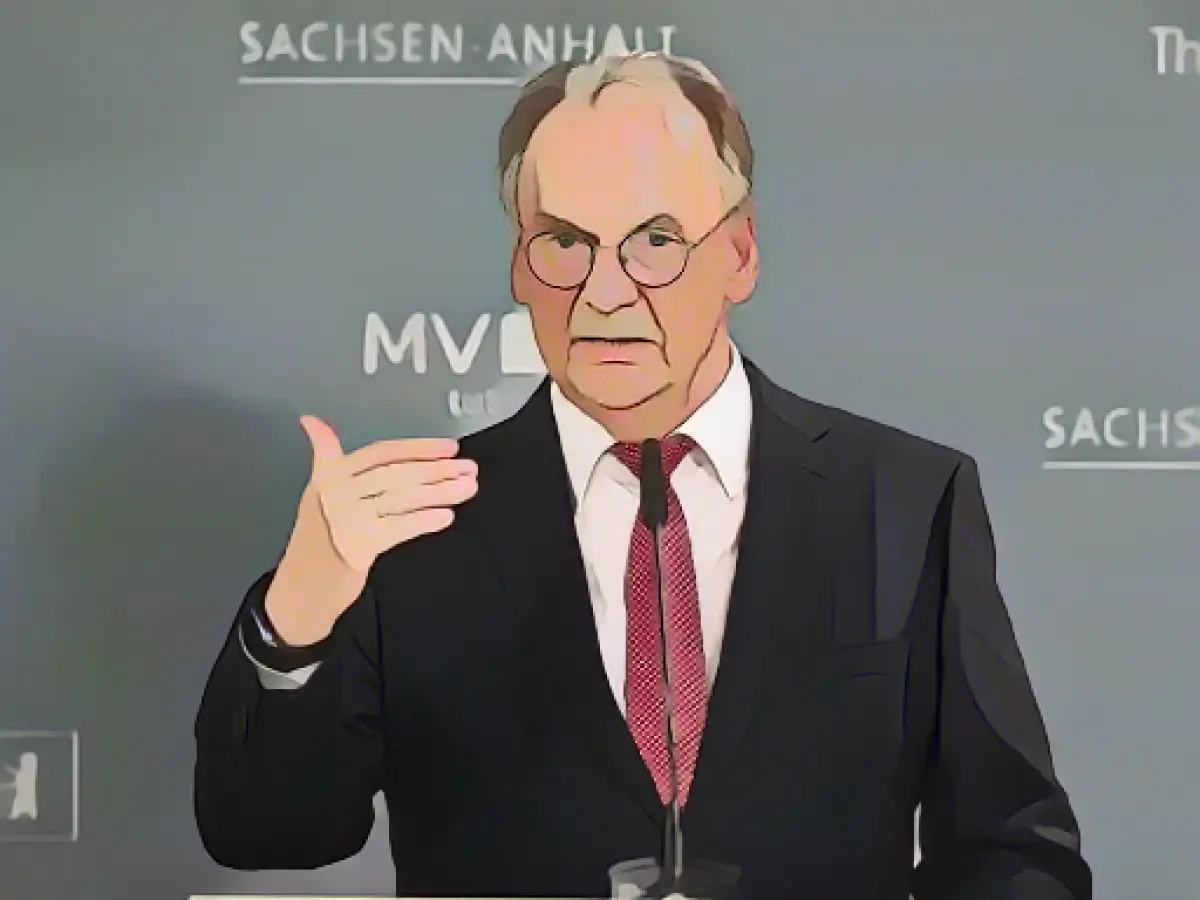Troubles for Wissing's Transport Plans
Minister WissingExpresses Regret
Federal Transport Minister Volker Wissing expressed regret over the failure of his proposed road traffic regulations. In a conversation with the German Press Agency in Mainz, Wissing lamented, "I am really disappointed that the federal states did not back the amendment of the Road Traffic Act in the Bundesrat." The FDP politician aimed to grant cities and municipalities more autonomy over traffic management, but his plan fell short of the necessary support in the state chamber.
Parliament Approval Not Enough
A bill passed by the Bundestag required approval from the Bundesrat, but it fell short of the required majority on Friday. The new regulations aimed to provide cities and municipalities with more flexibility to establish bus lanes, create 30 km/h zones, and improve infrastructure for cyclists, electric vehicles, and hydrogen vehicles with multiple occupants.
Climate and Environmental Considerations
The proposed amendments to the Road Traffic Act aimed to balance traffic fluidity, safety, and environmental concerns. The regulations would also consider objectives related to climate and environmental protection, health, and urban development. Despite the promising proposal, it failed to secure the needed support from the Bundesrat, derailing the efforts to enhance urban mobility.
Room for Improvement
The Bundesrat planned to give municipalities more control over traffic, but the proposed amendment to the Road Traffic Act did not gain the necessary support from the Bundesrat. This leaves cities and municipalities with limited options to implement measures such as bus lanes and 30 km/h zones, potentially hindering the transition to more sustainable and efficient transport systems.
Enrichment Data Insights
The complex legislative process, veto power dynamics, coalition governments, and political considerations contribute to the challenges in implementing amendments to the Road Traffic Act. In the broader context, political gaps and the Bundesrat's role in the legislative process can often make it challenging to introduce new traffic management measures throughout Germany. The Bundesrat's veto power, along with coalition governments and the lengthy legislative procedure, can impede swift implementation, ultimately limiting the options for cities and municipalities to improve urban mobility and transition toward more sustainable transportation.








